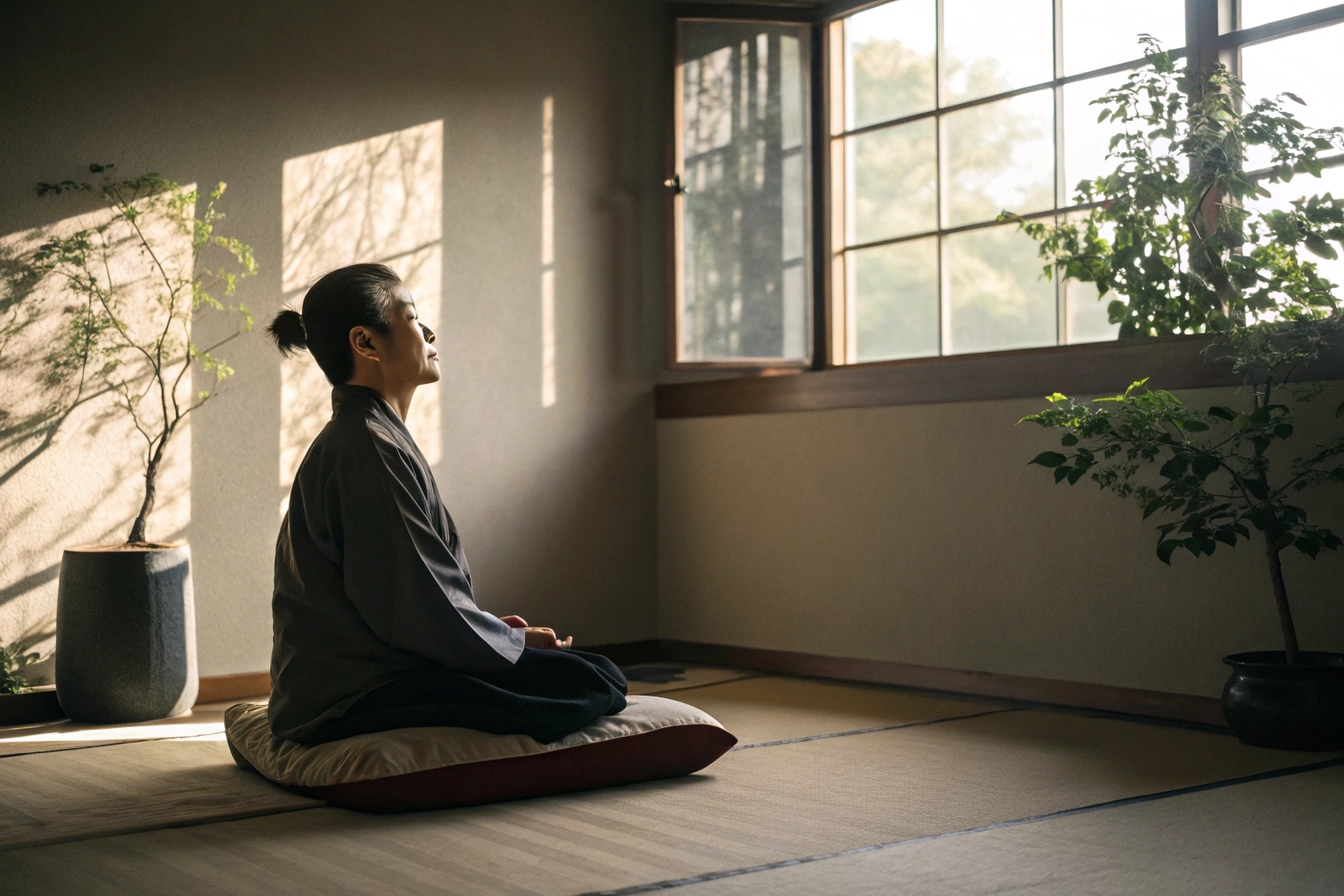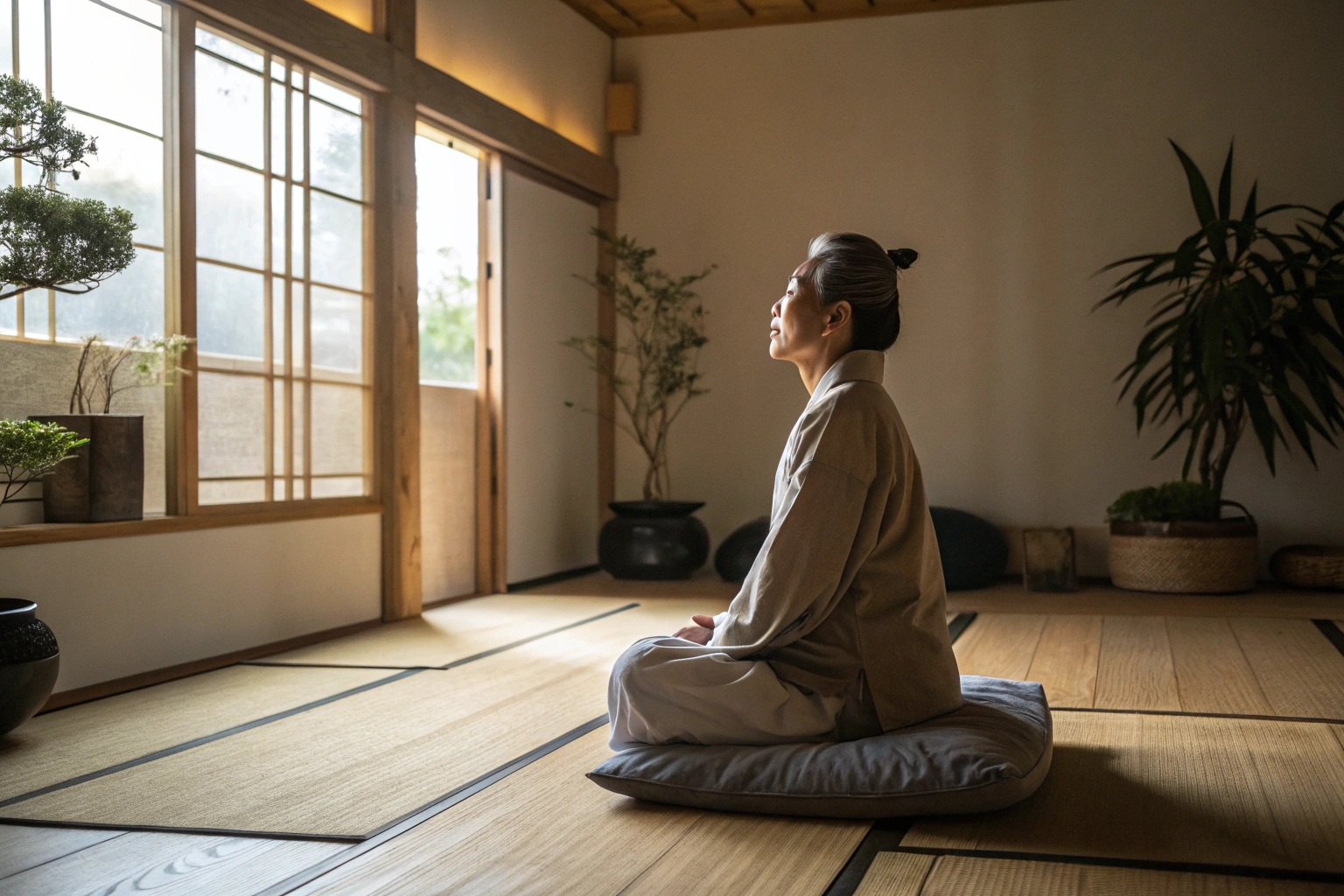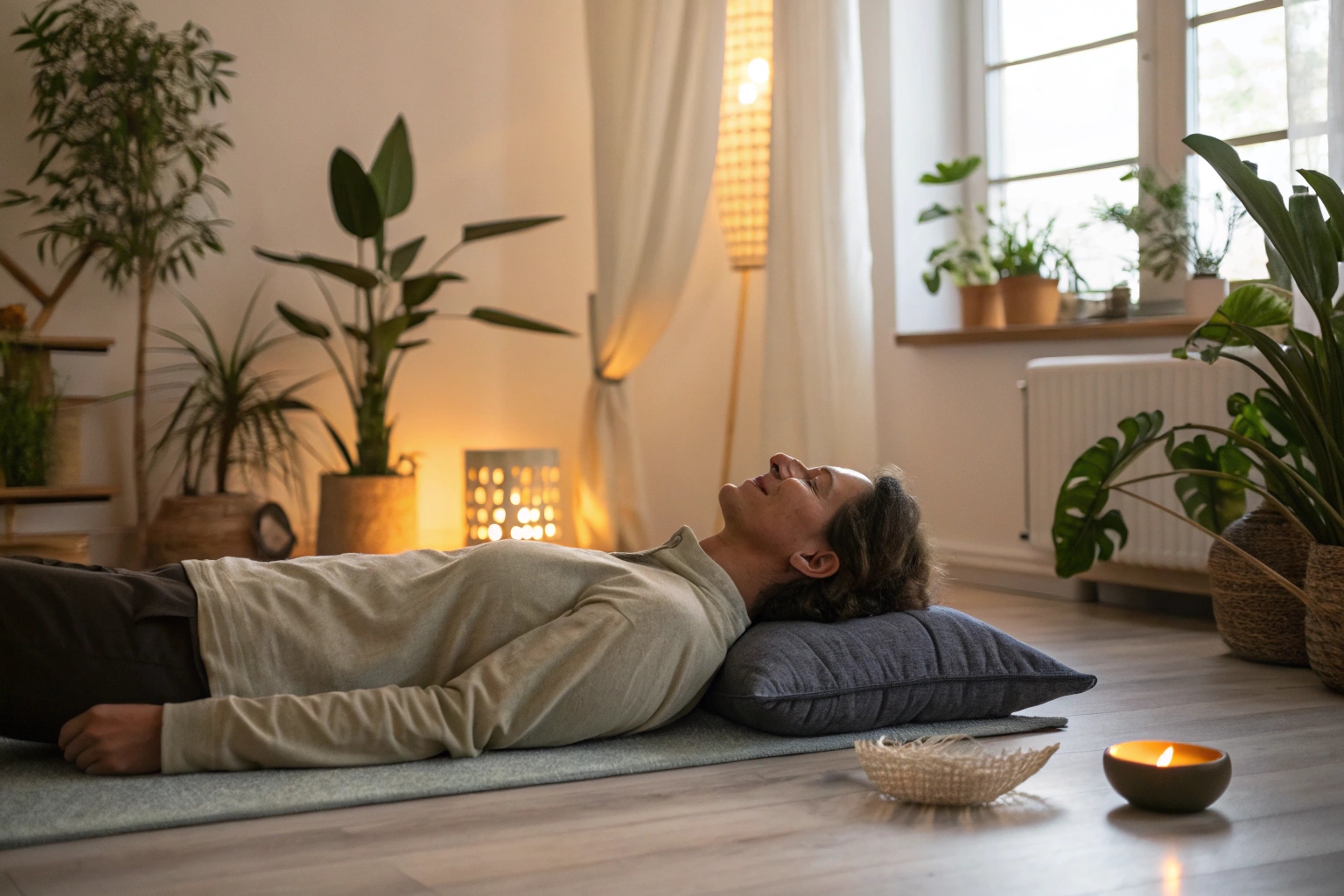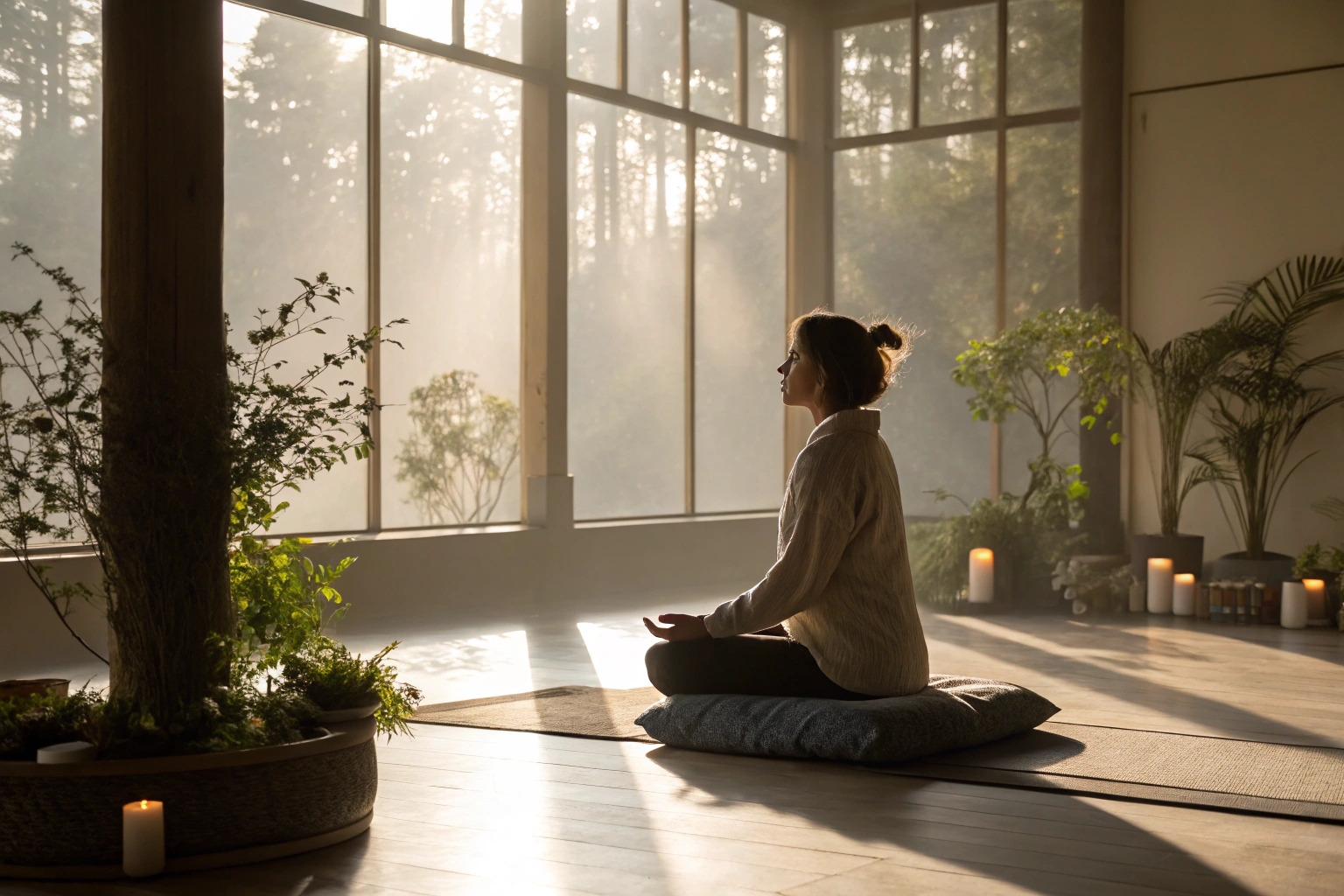How to Meditate?

Meditation can seem intimidating, especially if you're new to it. But don’t worry, you don’t need to be perfect to experience the benefits. Let's dive into the basics of meditation.
Meditation is a practice that helps you calm your mind and find inner peace. While there isn’t one "correct" way to meditate, understanding the basics can guide you to a meaningful practice. It starts with finding the right environment, getting comfortable, and focusing on your breath or thoughts.
Once you understand the fundamentals of meditation, you can explore different techniques. Let’s look into how to meditate and what might work best for you.
What is the proper way to meditate?

Meditating might seem like a complex task, but the core of it is simple: sit quietly and focus your attention. Whether you're sitting on a chair, cushion, or mat, the goal is to relax your body and focus on something like your breath, a mantra, or your body sensations.
The proper way to meditate is about creating a peaceful, focused state of mind. You can sit cross-legged, lie down, or even meditate while walking. What's important is to find a posture that allows you to relax without feeling tense. Once you're settled, focus on something specific, like your breath, and try to keep your attention there.
Setting up your meditation space
To begin, choose a quiet, comfortable spot. It could be early in the morning or just before bed—whenever you can create a sense of calm. Keep your posture relaxed but straight, and try to create a comfortable environment by using a mat or cushion.
Breathing techniques to support meditation
Breathing is often a key part of meditation1. You can start by focusing on your natural breath, or try deep breathing. For some, counting breaths or using a mantra is helpful.
| Breathing Technique | Description | Benefits |
|---|---|---|
| Natural Breath | Focus on the natural rhythm of your breath without changing it. | Helps increase mindfulness and relax the mind. |
| Deep Breathing | Inhale deeply through the nose, then exhale slowly through the mouth. | Reduces stress and enhances focus. |
| Counting Breaths | Count each breath cycle from 1 to 10, and then repeat. | Improves concentration and calms the mind. |
How much should I meditate?

When you’re starting, it can be hard to know how long to meditate. The important thing is not the time spent, but how much you can stay present in the moment.
For beginners, 5 to 10 minutes is a great starting point. As you practice more, you can gradually increase the time. What’s most important is consistency and focus, not duration. Even a few minutes can help calm your mind and reduce stress.
How to gradually extend your meditation time
If you're new to meditation, start with shorter sessions and gradually increase the duration as you become more comfortable. You may also want to experiment with different types of meditation, such as guided meditation2 or silent meditation, to see which works best for you.
Common challenges when meditating
Sometimes, your mind may wander, or you might feel restless. This is completely normal. The key is to gently bring your focus back without judgment.
What do I think when meditating?

Meditation isn’t about emptying your mind completely. Instead, it’s about becoming aware of your thoughts and letting them come and go without getting attached to them.
During meditation, your mind may wander, and that’s okay. The goal is not to stop thinking, but to become aware of your thoughts and gently return your focus to the present. You can choose to focus on your breath, a mantra, or a body sensation to help you stay grounded.
The role of mindfulness in meditation
Mindfulness is the ability to stay present and fully experience each moment. In meditation, mindfulness3 helps you observe your thoughts without reacting. Instead of trying to control your thoughts, you learn to let them pass naturally.
Dealing with distractions
Distractions, both internal (like thoughts) and external (like noises), are common during meditation. One way to handle distractions4 is to gently return to your breath or mantra whenever your focus drifts. With practice, your mind will naturally become quieter.
Can I meditate lying down?

Many people wonder if it’s okay to meditate while lying down. The answer depends on the type of meditation and your goals.
You can meditate lying down5, but it may increase the chance of falling asleep, especially if you're meditating to relax before bed. If you want to stay alert during your practice, it's usually better to sit up. However, for relaxation or body scans, lying down is perfectly fine.
Benefits of lying down during meditation
Lying down can help you relax your body more deeply, which is especially useful for meditation techniques like body scans6. It can also be helpful if you have any physical discomfort that makes sitting challenging.
Tips for meditating lying down
If you choose to meditate while lying down, try lying on your back with your legs slightly apart and your arms by your sides. Keep your body relaxed but avoid collapsing your posture. You can also use a cushion under your head or knees for extra comfort.
Conclusion
Meditation is a personal practice that can help you find peace and balance in your life. Whether you meditate for five minutes or an hour, the key is to stay consistent and be patient with yourself. Keep exploring, and you'll find what works best for you.
-
Understanding the role of breathing in meditation can enhance your practice, offering deeper relaxation and focus. ↩
-
Exploring guided meditation can provide structure and support, helping beginners to focus and deepen their practice. ↩
-
Exploring the role of mindfulness in meditation can deepen your practice, helping you stay present and fully experience each moment. ↩
-
Learning to handle distractions effectively can enhance your meditation experience, making it easier to maintain focus and achieve a quieter mind. ↩
-
Exploring this link can provide you with expert tips and techniques to enhance your meditation experience while lying down, ensuring comfort and effectiveness. ↩
-
This resource offers detailed guidance on body scan meditation, a technique that can significantly improve your mindfulness and relaxation levels. ↩







